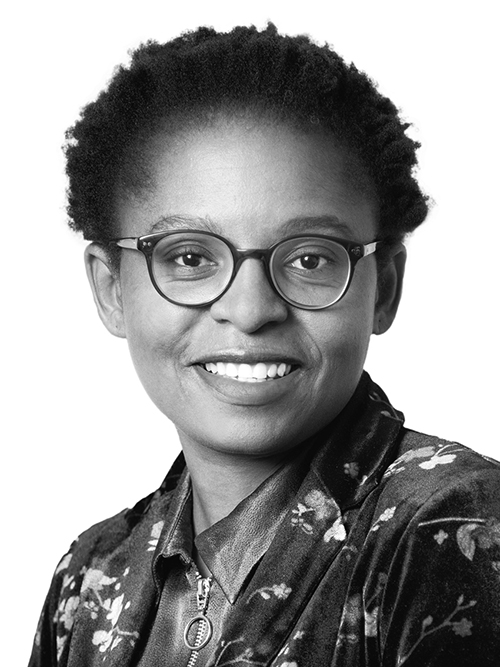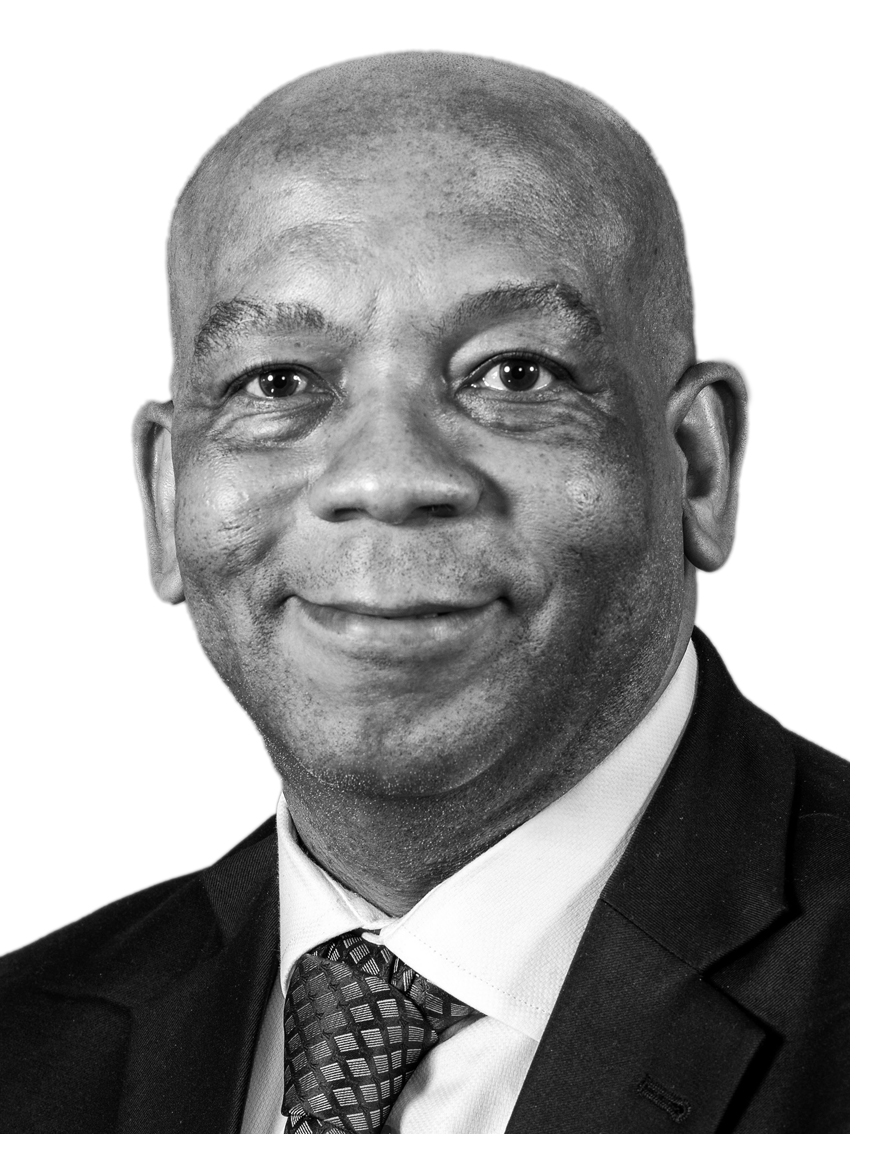Deputy President Paul Mashatile will on Friday, 8 March 2024, attend and chair the Human Resource Development Council (HRDC) Retreat in Johannesburg, Gauteng Province.
Chaired by the Deputy President, the HRDC is an apex national, multi-sectoral advisory body established to create a collective response to the national challenge of human resource development in the country.
The Council was established in March 2010, and its current term comes to an end on 31 March 2024.
Over the years, the Council has created a platform for social partners to deliberate on the country skills and human capital development in order to address bottlenecks in the human resource development value chain.
Guided by the Human Resource Development Strategy for South Africa (HRD-SA) 2010-2030, the Council’s Retreat is aimed at reflecting on and evaluating its work in terms of the progress made thus far, underlying challenges faced by the country which serve as an impediment to achieving the Council’s mandate, lessons learned since the establishment of the Council, any need to change or restructure the Council, and key future focus areas to be attained in the remainder of the current term and beyond.
The Deputy President’s attendance is in line with his delegated responsibilities as the Chairperson of the HRDC, and he will therefore deliver welcoming remarks and Chair the Council Retreat.
During his welcoming remarks, Deputy President Mashatile will highlight the significance of the HRDC as it seeks to contribute towards addressing some of the socio-economic problems faced by South Africa, such as poverty, inequality, and unemployment through the development and nurturing of skills that are relevant to the country’s needs.
Members of the media are invited to cover the Deputy President’s opening remarks as follows:
Date: Friday, 8 March 2024
Time: 09h00 (media to arrive at 08h00)
Venue: Radisson Blu OR Tambo, Estate 154, Corner 3rd & 6th Avenue Bredell, Kempton Park, Gauteng, South Africa
Members of the media covering the event are requested to confirm their attendance for accreditation purposes, with Ms. Linah Ledwaba on 066 240 7635 (The Presidency) and Mr. Lesley Makhubele on 073 692 9100 (HRDC) by Thursday, 7 March 2024 at 16h00.
Media enquiries: Mr. Keith Khoza, Political Advisor and Acting Spokesperson to the Deputy President, on 066 195 8840
Issued by: The Presidency
Pretoria








